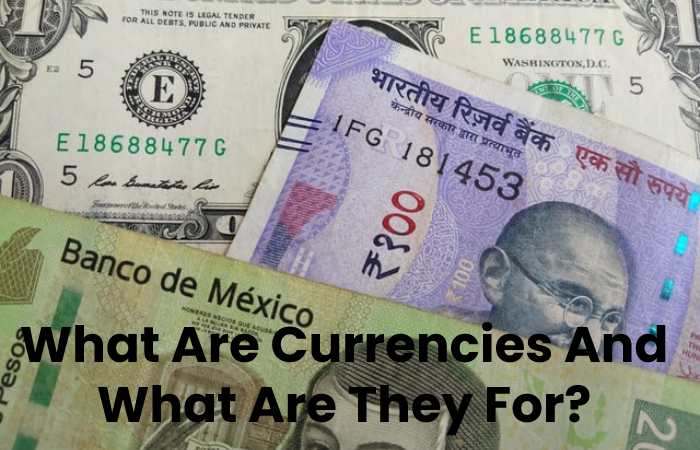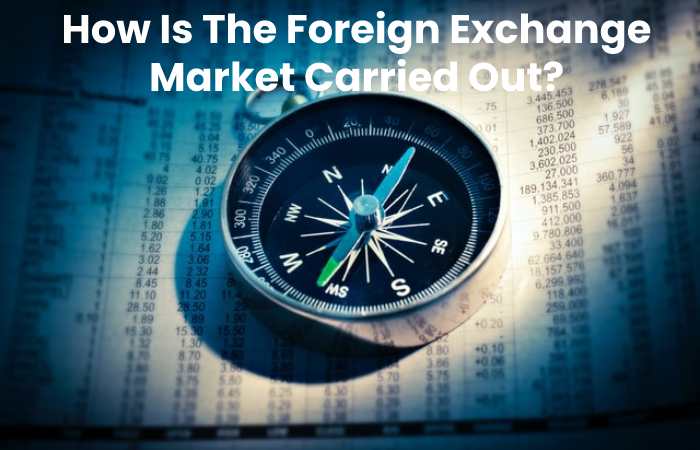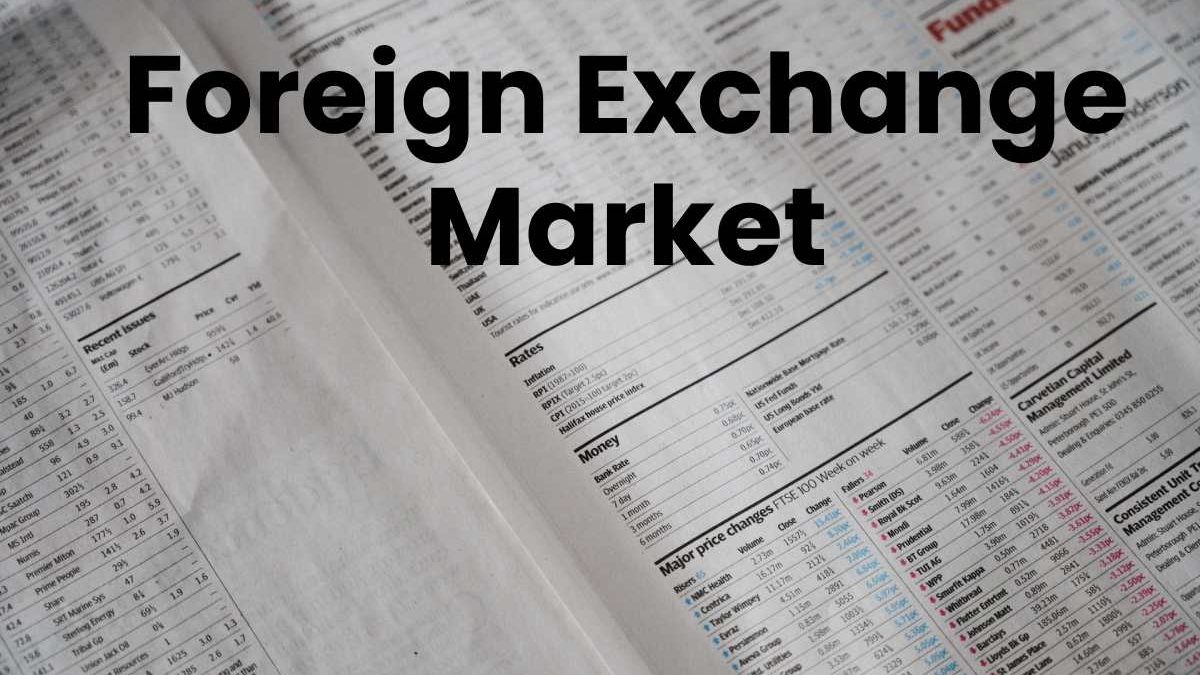Foreign Exchange Market
Table of Contents
What You Should Know About The Foreign Exchange Market
The first step is to understand what currencies are and what they are for to understand them better. To learn more about what currencies are and what they are for, it is time for you to understand the foreign exchange market, also known as FOREX.
Which is a system that allows you to exchange your local currency for a foreign one and avoid any imbalance that may arise within the market. You can protect your savings, send money abroad, and even invest in emerging opportunities with the help of these foreign currencies.
What Are Currencies And What Are They For?
In the foreign exchange market, currencies are a set of currencies other than the one used within a country, that is, those that belong to other countries, and their function is to guarantee, in the field of foreign trade, to companies the acquisition of products and services from neighboring nations.
Although this is not only true at the national level, correctly managing what currencies are and what they are for offers individuals opportunities within the monetary field, facilitating purchases and expanding the possibilities of obtaining what you want at an international level.
Characteristics Of Currencies In The Foreign Exchange Market
It should remain noted that we are talking about real money, so you must pay attention to your transactions, and for this, you must know the following aspects:
- Currency exchange remains expressed in pairs: Each has its denomination of three acronyms, such as EUR/USD. The first indicates the base currency, and the second is the quote currency.
- The price increase or decrease remains measured in points focused on the fourth decimals. It means that if there is a change from 2.25432 to 2.25431, it remains said that nearby was a decrease of one point.
- Two amounts always accompany it: the first is the sale price, and the second is the purchase price with which we handle the base currency.
- Prices depend on popularity: How much a currency remains used, and the public’s confidence directly influences its profitability worldwide.
What Are Virtual Currencies?
They are those that allow access to a digital international monetary system through new technologies and the use of virtual currencies. The value of these coins remains handled similarly as in the case of conventional currencies besides their denomination and popularity.
Virtual currencies remain used by many users who take advantage of the opportunities within the network to invest and generate much more money. It is enough to find markets based on cryptocurrencies such as Bitcoin, a virtual currency gradually gaining more validity in international markets.
In short, it is not a purely business process. At present, you can obtain almost anything from home, where in many cases, you will pay with foreign currency as part of an international economy. It’s just a matter of browsing, selecting what you want, and delivering in the foreign currency of your choice.
Learn More Today
Learning what currencies are and what they are for is a way to achieve bigger goals. It is just one of the several ways you can take advantage of your free time. At Euroinnova, you will be able to keep your knowledge up to date.
You are one step away from becoming the best version of yourself, so we recommend the Master in Cryptocurrencies. Get started today with the courses of your choice!
How Is The Foreign Exchange Market Carried Out?
The Foreign Exchange market is the system or mechanism that allows currency exchange between bidders and demanders. Its principal function is to convert one currency to another, establishing an exchange price. Its characteristics are as follows: It is an OTC (Over Counter) market.
Factors Affecting The Exchange Rate
Factors that affect the exchange rate include:
- Economic factors: trade deficit, inflation, interest rate differences, public deficit, unemployment, GDP, CPI, etc.
- Political factors may affect the country’s monetary and exchange policy or economic fundamentals. At this point, political stability can remain considered.
- The psychology of the market: rumors, etc. Although this point may seem minor, it is not. With some frequency, the chaotic behavior of some stock exchanges can remain reflected in the prices of the foreign exchange market. For example, on 04/23/2013, a rumor of an attack on the White House via Twitter shook the Wall Street stock market for a few minutes. Indices fell by more than 1%.
Various economic theories explain the foreign exchange market dynamics based on the factors above.
Forex analysis
Here are two types of research in the foreign exchange market that allow you to evaluate a currency pair and forecast where the future price could go.
Fundamental Analysis
Long-term investors generally use fundamental analysis. This analysis reflects the macroeconomic fundamentals of the different areas such as the bank interest rate, the gross domestic product, inflation, and the industrial production index. And the unemployment rate and tries to make predictions based on the relative evolution of said indicators.
Technical Analysis
Technical analysis is the modality used primarily by short and medium-term speculators. Who use it to forecast the frequent movements and daily oscillations that currency pairs present in the market. This analysis consists of capturing a set of trend lines, and formations. And technical indicators on a chart of the price of a currency pair, help to forecast rapid price movements.
However, it should remain noted that some detractors have dismissed this type of analysis as subjective and unscientific.
Conclusion
Although, The foreign exchange market is a global decentralized or over-the-counter market for currency exchange. It includes all aspects of buying, exporting, and exchanging currencies at current or determined prices. Also, This marketplace determines foreign exchange charges for each currency.

